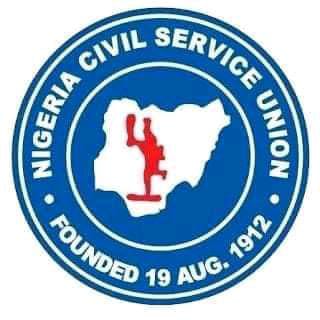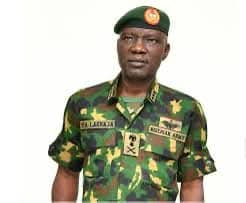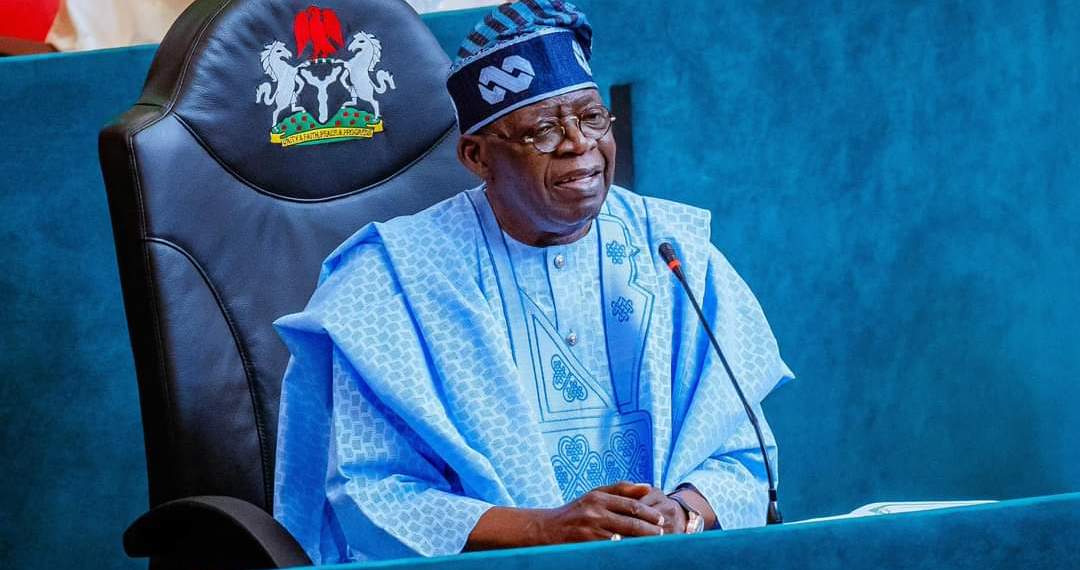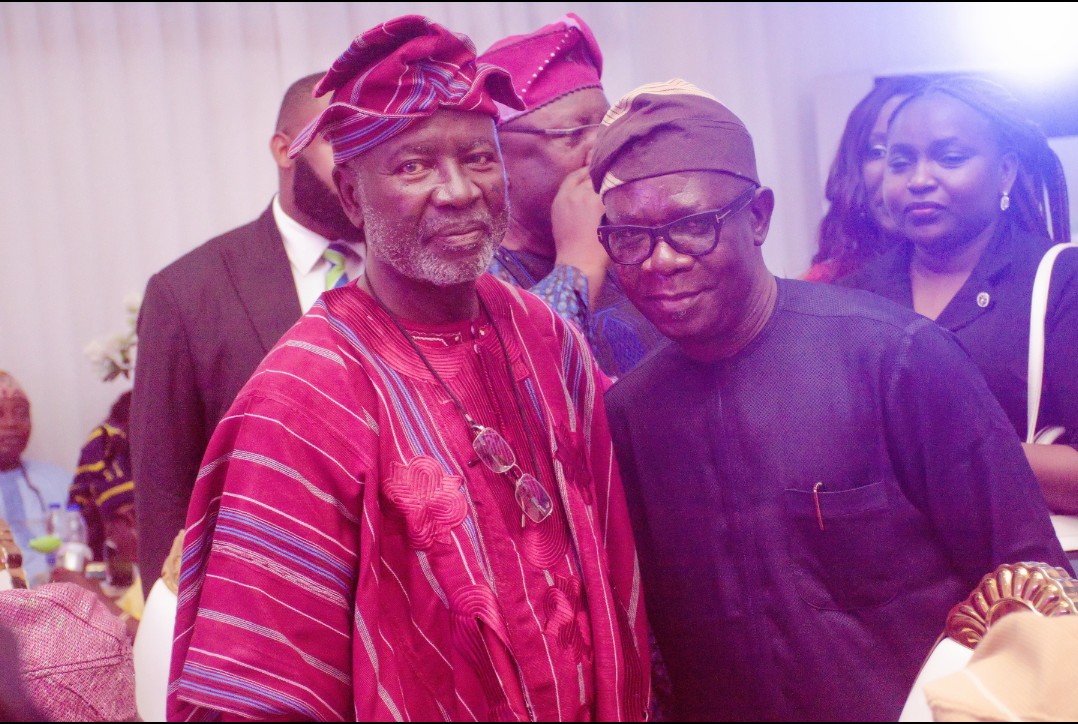By Comrade Gbenga Olowoyo
Trade Union movement as an expedition originated from Britain as a result of the industrial revolution that sprang up in 1760 which provided a template for the growth of Trade Unions across the world.
As a matter of fact, the growth of many industries gave room for factory employment, many people came from the hintherlands and villages to towns and got engaged in wage employment.
The scenario in Britain then was pathetic and inhumanistic because those groups of workers then, both men and women were working like slaves both day and night for their livelihood to the extent that children became wage earners at tender age and they were made to sleep in factory premises. They became homeless and orphaned. Some of these experiences triggered the growth of Trade Union in Britain.

*What is Trade Union?*
There are various definitions of Trade Union, so many industrial relations experts have provided different acceptable definitions such as Yesufu (1984), Shabi (1998), Fashoyin (1983), Safe Otobo (1986). Trade Union Amendment Act 1973 Section(1) which is a legal definition states that “Trade Union is a combination of employers and employees to regulate workers welfare”. The implication of this legal definition is that employees can form Union, likewise employers can equally form Union, hence, Nigeria Employers Consultative Association (NECA).
Let us also consider Beatrice and Sydney Webb (1897) definition which says that Trade Union is a “continuous association of wages and salary earners for the purpose of maintaining and improving the conditions of their working lives”.
There is no gainsaying that Trade Union is a worthwhile expedition that has been proved beyond doubt, considering the impact it has made in the course of fighting for better living condition for workers and general populace, through agitation and advocacy for good governance across the world.
In Nigeria, Trade Union development started with the Introduction of paid employment by colonial administration which directly/indirectly influenced the need for continuous agitation for better pay and conditions of service. These workers were very conscious to know that their better working conditions can only be done in group activity hence, Henry Libert came together with other 33 foundation members to discuss a way forward which metamophorsed into formation of Southern Civil Service Union on Monday, 12th August, 1912 and became Nigeria Civil Service Union after the amalgamation of Southern and Northern Nigeria protectorates in 1914
No doubting the fact that the outbreak of World War in 1914 and 1918 brought unplanned consequences to all part of the world, there were shortage of goods, services and even human resources. The spiral inflation which engulfed the world eroded the real wages. The call for higher wages to cushion the effect demanded that workers should come together if the objective was to be achieved.

*The place of racism in the workplace:*
The colonial administrators of that period gave a high premium to racism by discriminating against the Nigerian workers while they gave better recruitment, selection, remuneration, promotion and even discipline to themselves. The realization of the oppression and the need to fight against such, encouraged the formation of Union by Henry Libert and activities of Pa Michael Imoudu, Reverend Kuti, the first National President of Nigeria Union of Teachers, father of Fela Anikulapo Kuti.
*Overview and history of Nigeria Civil Service Union*
The Nigeria Civil Service Union formation was premised on equity, justice and non-discrimination of indigenous Civil Servants by the British government. These were contained in the minutes of their first meeting held on Monday 19th August, 1912.
“…The meeting was opened by Benka-Coker and Mr S.T. Jones, who offered the prayer. An address was then delivered by Mr Henry Libert informing the meeting of the objective of the gathering and pointing out the desirability of forming a Civil Service Union. He mentioned the existence of such a Union in Sierra Leone. After some discussions, it was agreed that all native officials should be eligible for membership of the Union, but that at present, it is only intended to be limited to officials down to and including those of the rank of 1st class clerk…”
After the inaugural meeting, Mr Henry Libert was elected the pioneer President of the Union.
It is a hard fact of history that the Civil Service Union was the only Union in the Public Service Industry from 1912 to the 1930s. Divisions among occupational groups within the Union led to the formation of Nigeria Union of Teachers and Marine Workers Union. From the 1930s to Independence in 1960, Civil Service Union was among the three Unions that were prominent in industrial relations.
The two others that came into Trade Union foray in 1930s were Nigeria Union of Teachers and Railway Workers Union. These Unions referred to as the big three jointly fought effectively for Nigeria’s independence and workers liberation .
The Union underwent series of evolutions mostly through internal reformations and result of government policies. Nigeria Civil Service Union as the forerunner of Trade Unionism in Nigeria became one of the registered and recognized Trade Union Organizations under the Trade Union (Amendment) Decree No.22 of 1978. Comrade D.C. Ojeli became the National President, confronted the Federal Government over the obnoxious policy of the abolition of car loans to Civil Servants which he won through lndustrial Arbitration Panel ( IAP)
Succinctly put, 1978 marked the beginning of a new era of Trade Unionism in Nigeria. There was another effort in restructuring of Trade Unions by the Military. Trade Union (Amendment) Decree No. 22 of 1978 and the Labour (Amendment) Act of No. 21 of 1978 extended recognition to the Nigeria Labour Congress as the only Central Labour Organization. The restructuring also gave birth to an automatic and compulsory check-off system for paying Union dues and sanctioned the creation of Industrial Unions as a sector.
The Nigeria Civil Service Union became duly registered under the provisions of the Trade Union Decree as amended by the Trade Unions (Amendment) Decree 1978 as a Trade Union on the 15th day of August, 1978.

*Nigeria Civil Service Union (NCSU) @ 111 years of formation*
Nigeria Civil Service Union now 111 years old on the 19th August, 2023, the leadership of the Union celebrated the day with a theme ” *Nigeria Civil Service Union@111 years in the place of history: the progenitor of Nationalists and Trade Union movements in Nigeria”*
The celebration reincarnated the reason for the formation of Nigeria Civil Service Union in 1912 when it critically “evaluated issues affecting the country, ranging from Fuel Subsidy removal and its attendant effects on the entire populace, which has further increased the number of multidimensionally poor Nigerians to 187 million (out of over 200 million Nigeria’s population) at the last count by an independent research conducted recently.
“The economic hardship has dehumanized the entire populace; there is high transportation cost, high cost of living, Nigerians are presently traumatized psychologically.
“The meeting thereby called on Federal Government to address the issue squarely by fixing the four Nigeria refineries, rejig the economy with sound economic policy and review the living wage for workers.
“The meeting passed a vote of confidence on the leadership of NLC led by Comrade Joe Ajaero and entire Organized Labour in Nigeria in consonance with their positions on the present State of the nation .
“The Federal Government should see wisdom in some solutions proffered by the Organized Labour in Nigeria towards moving the nation forward such as bringing back to life the four monumental refineries, reversal of Tuition fees increment, wage award to workers to address present economic hardship, upward review of living wage, rolling out sustainable impactful palliatives to mitigate the present economic hardship,
if not quickly addressed by the Federal Government, the present situation may snowball into spontaneous social unrest.”
All these were contained in a communique issued at the end of the celebration of Nigeria Civil Service Union 111 years duly signed by the National President Comrade Oluwole Adeleye Sunday and the General Secretary Comrade Bomoi Mohammed Ibraheem.

*Nigeria Civil Service Union impact in Nationalists movement*
The Nigeria Civil Service Union in coalition with other Industrial Unions embarked upon anti-colonial struggles that culminated into the formation of the Nigerian and Cameroun National Council (NCNC) in 1948 and later renamed National Council of Nigerian Citizens (NCNC).
The Union preceded the formation of first political party in Nigeria, the Nigeria National Democratic Party on 24th June, 1923, the Union triggered notable and foremost nationalists like Herbert Macaulay who formed the first political party; Tafawa Balewa the first and only Prime Minister in Nigeria history; Dr Nnamdi Azikiwe; Sir Ahmadu Bello, the Sardauna of Sokoto; Chief Obafemi Awolowo; and Prof. Eyo Ita of Nigeria Youth Movement; among others who championed nationalist struggle and they attended Constitutional Conferences which metamophorsed into Nigeria independence on 1st October, 1960.
It is a great celebration for the Union that has surpassed the existence of the country. The Union will continue to agitate and advocate and members continue to celebrate Nigeria Civil Service Union, the foremost Union in Nigeria.
The celebration which took place at the National Headquarters of the Union was attended by the National President, Comrade Oluwole Adeleye Sunday, who was ably represented by the General Secretary Com. Bomoi Mohammed Ibraheem; Honourable House of Representative member representing Apa/Agatu Federal Constituency and Chairman, House Committee on Waterways Com. (Pastor) Ojema Ojotu; Chairman, Federal Council, Comrade Adoga Gupada Aruwa, NCSU Management, NCSU Federal Administrative Council members and staff of the Union.
Coincidentally, it is a celebration galore as the National President, Nigeria Civil Service Union, who is also the National Vice President, NLC, Comrade Oluwole Adeleye Sunday JP celebrated his birthday in the month of August specifically 22nd.
Congratulations to NCSU family and solidarity forever!!!
*Comrade Gbenga Olowoyo, milr, fcia, fipma, JP, is a trade unionist and industrial relations practitioner.
gbengaolowoyo3@gmail.com
08033570338




